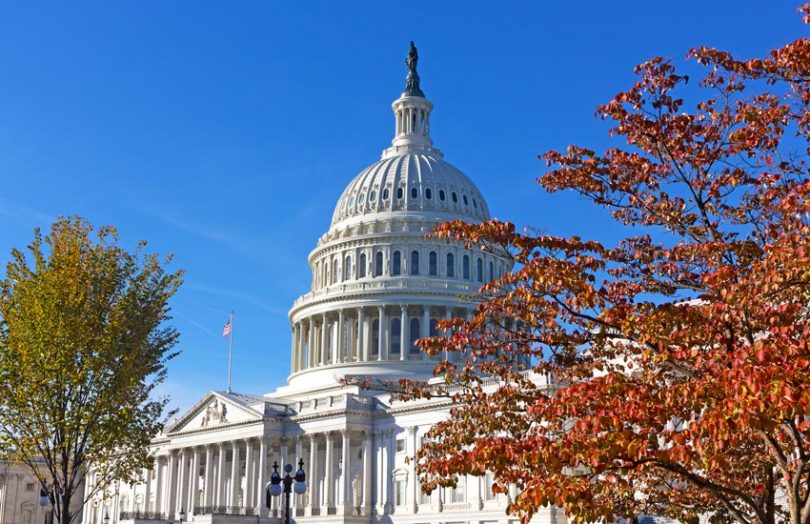During testimony before the U.S. Senate Banking Committee earlier today, Federal Reserve Chair Jerome Powell was asked about central bank digital currencies (CBDC) and stablecoins. He said he was undecided about a central bank digital dollar and believes stablecoins need regulation.
Senator Pat Toomey noted that during yesterday’s Congressional hearing, Powell stated that if there were a CBDC there would be no need for cryptocurrencies and stablecoins. The senator asked whether the reverse was also true, that with crypto and stablecoins there is no need for a CBDC.
Powell clarified that he had simply stated that a CBDCs impact on crypto and stablecoin activity was one of the arguments in favor of a CBDC. “I’m legitimately undecided on whether the benefits outway the costs or vice versa on a CBDC,” he said. “I would agree that the more direct route would be to appropriately regulate stablecoins, which we don’t do right now.”
Senator Cynthia Loomis picked up the same point about a CBDC rendering less need for crypto and stablecoins. She was keen to differentiate cryptocurrencies as investment commodities versus stablecoins as payment instruments. Hence she asked whether it would just be stablecoins that would be unnecessary with a CBDC.
“Basically, you’re right,” said Powell. “Let me say though that with cryptocurrencies, it’s not that they didn’t aspire to be a payment mechanism, it’s that they’ve completely failed to become one, except for people who desire anonymity, of course, for whatever reason.”
Honing in on stablecoins, Powell said, “if we’re going to have something that looks just like a money market fund or a bank deposit or a narrow bank, and it’s growing really fast, we really ought to have appropriate regulation. And today, we don’t.”
The Federal Reserve Chair responded to Senator Toomey’s query about whether a CBDC would require congressional authorization. Powell confirmed that people have different views about whether authorization is required, but he said it would be “ideal”.
He also outlined the work the Fed is conducting. “I think our obligation is to explore both the technology and the policy issues over the next couple of years. That’s what we’re going to do so that we’re in a position that we can make an informed recommendation. But, again, my mind is open on this, and I honestly don’t have a preconceived answer to these questions.”







